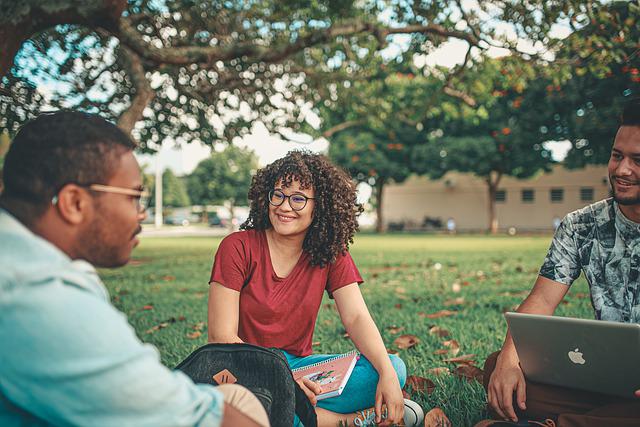Borrowers who kept making payments during the Coronavirus pandemic may be eligible for a refund. Here’s how you can get a refund if you have been paying your federal student loans since March 2020.
Good news to those students who went on to pay their student debt during the pandemic as President Joe Biden announced a plan to forgive student loan debt.
The Education Department also explained the available student refund option during an announcement about loan extension. According to the release, “You can get a refund for any payment (including auto-debit payments) you made during the payment pause (beginning March 13, 2020) on qualifying loans.”
Remember that this isn’t another form of cancellation; any refund will still need to be paid off in the future.
Here’s everything you need to know if you think you are eligible for a refund.
Who is Eligible for Debt Refund?
According to the Department of Education, any borrower who made voluntary payments since March 13, 2020, is eligible for a refund. That refund will be automatic for some people. Refund requests can only be made and refunded to the borrower, even if someone else paid the loan on their behalf.
Those borrowers whose payments brought their loan balance below the maximum debt relief amount can get a refund without applying. The maximum amount discharged is $10,000 per borrower and $20,000 for Pell Grant recipients. You can check the balance in your studentaid.gov account.
Private student loans and payments made on some FFELP are not included. Payments before March 13, 2020, aren’t eligible for a refund.
Borrowers must confirm their eligibility for the loan relief program before requesting a refund.
Eligible federal student loans include:
- Federal Family Education Loan (FFEL) Program loans held by ED.
- Direct loans.
- Defaulted FFEL Program loans not held by ED.
- Defaulted HEAL loans.
- Federal Perkins Loans held by ED.
How Can I Request a Refund?
Applying for a refund is relatively simple. Before starting the process, you need:
- Your Social Security number.
- Your address.
- Your loan servicer’s phone number.
- Bank payment information or payment confirmation numbers.
The first step involves calling your loan servicer. The loan servicer representative will ask for your Social Security number to pull up your account. After account and identity verification, you can proceed to request a refund on payments made during the pandemic. The loan servicer will ask which payments, in particular, are to be refunded.
Be ready with specific payment confirmation numbers to make things go faster and more smoothly. Refunds could come via check or electronically, so you must confirm your address on file. After submitting the request on your behalf, the representative will provide you with confirmation.
Currently, refunds are only via phone, not through any website or email. Call 1-800-433-3243 or visit your student aid account dashboard, scroll to “my loan servicers” if you are unsure who services your loan.
How Long Does It Take?
Borrowers should expect refunds in about six to twelve weeks, but please double-check with your loan servicer. After you get your money back, your loan balance will increase by the refunded amount.

